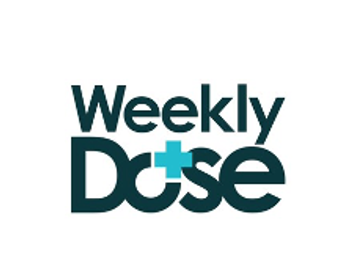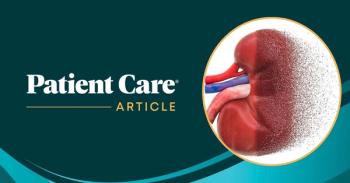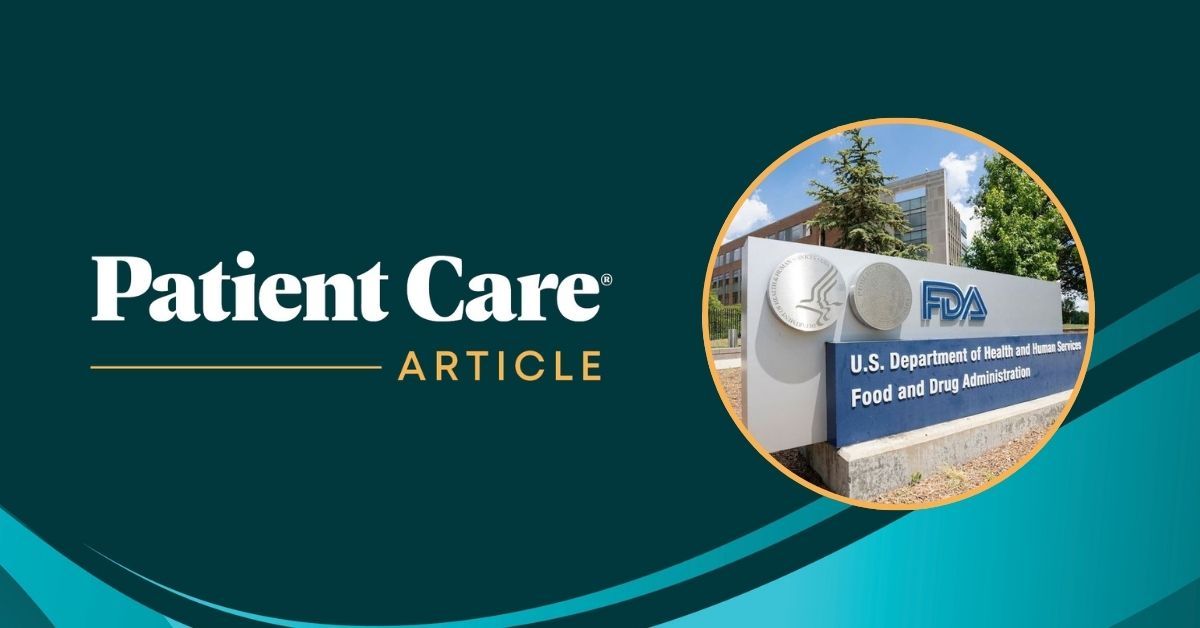
Your daily dose of the clinical news you may have missed.

This episode reviews intranasal epinephrine use, pediatric atopic dermatitis data, dementia screening tools, adolescent TMS, and oral PCSK9 therapy.

New phase 3 data reveals lumateperone significantly boosts remission rates in adults with major depressive disorder, offering hope for lasting relief.

Your daily dose of the clinical news you may have missed.

Results from the SPACE clinical trial showed fremanezumab reduced monthly migraine days versus placebo in children and adolescents with episodic migraine.

Your daily dose of the clinical news you may have missed.

Global trends reveal a growing burden of hypertension-related CKD despite advances in blood pressure management.

A recent study reveals declining chronic kidney disease rates in children but rising incidence among young adults, highlighting urgent public health concerns.

Gus Alva, MD, reviews the current clinical research landscape for psychedelics and discusses how PCPs can effectively counsel patients on safety and expectations.

Your daily dose of the clinical news you may have missed.

FDA requests removal of suicidal ideation warnings from GLP-1 receptor agonist labeling after a comprehensive review found no increased risk.

Psychiatrist Gus Alva, MD, discusses newer, faster depression screening approaches that primary care clinicians can implement.

Your daily dose of the clinical news you may have missed.

Weight-loss interventions significantly enhance psoriasis severity and quality of life, emphasizing their role in effective psoriasis management strategies.

Your daily dose of the clinical news you may have missed.

Fendrick discusses the balance between colonoscopy and non-invasive tests for colorectal cancer screening, aiming for better patient outcomes.
.jpg?w=350&fit=crop&auto=format)
FDA identifies deficiencies in Anaphylm's NDA, impacting labeling discussions, while review continues for this innovative treatment for severe allergic reactions.

Your daily dose of the clinical news you may have missed.

A nephrology expert reviews how workflow constraints and care delivery pressures affect adherence to guideline-recommended responses to elevated urine albumin-to-creatinine ratio.

The AHA and ACC commend the focus on fruits, vegetables, and whole grains but caution against high-fat dairy and protein emphasis.